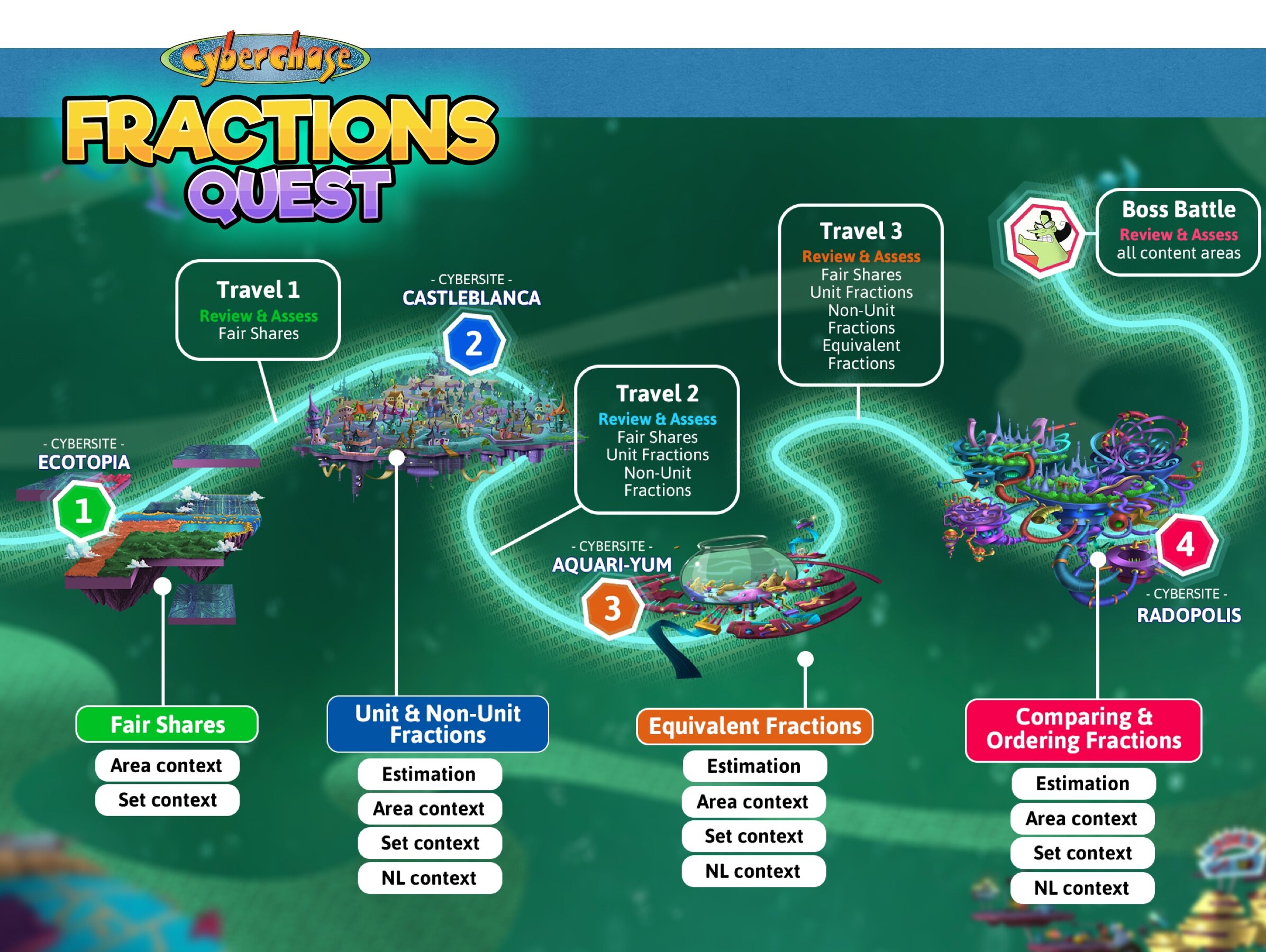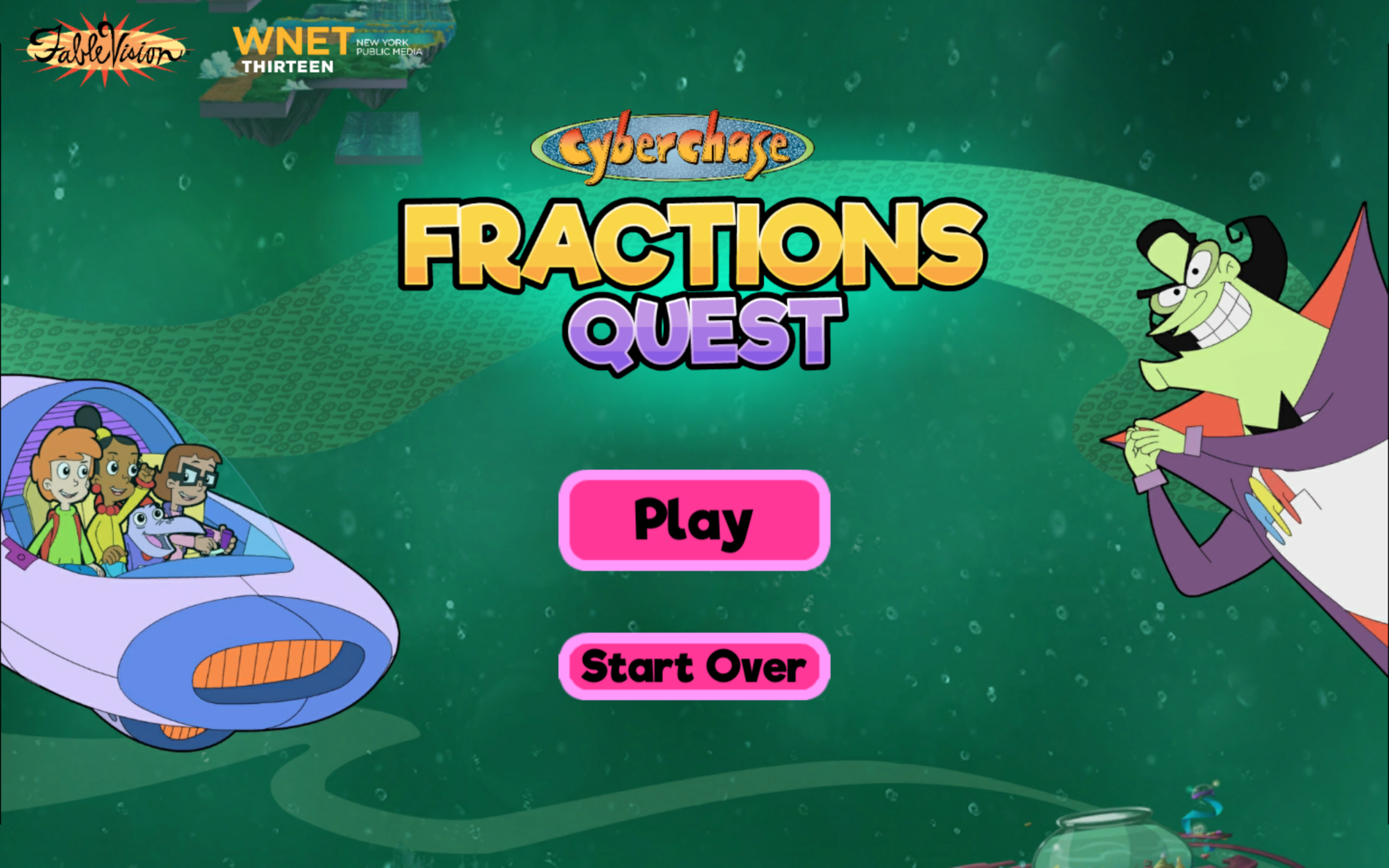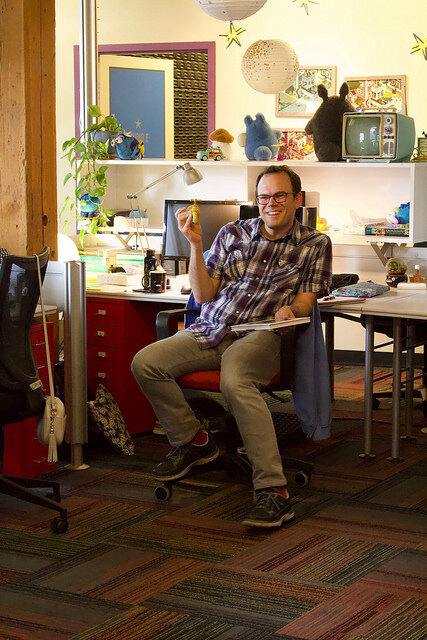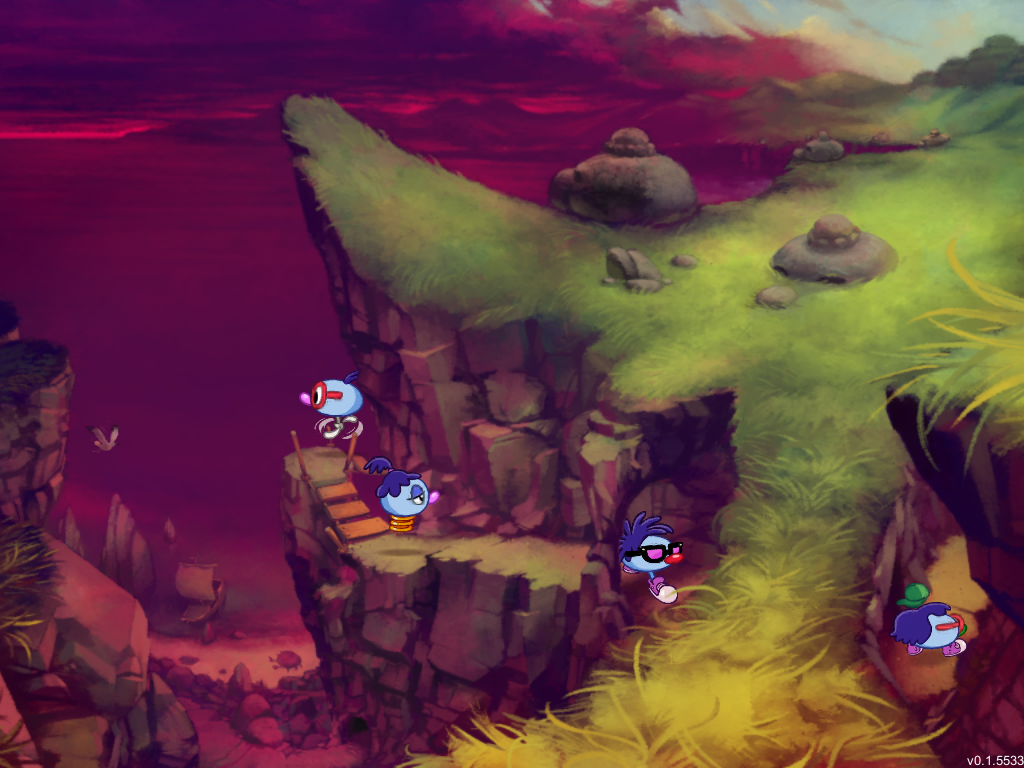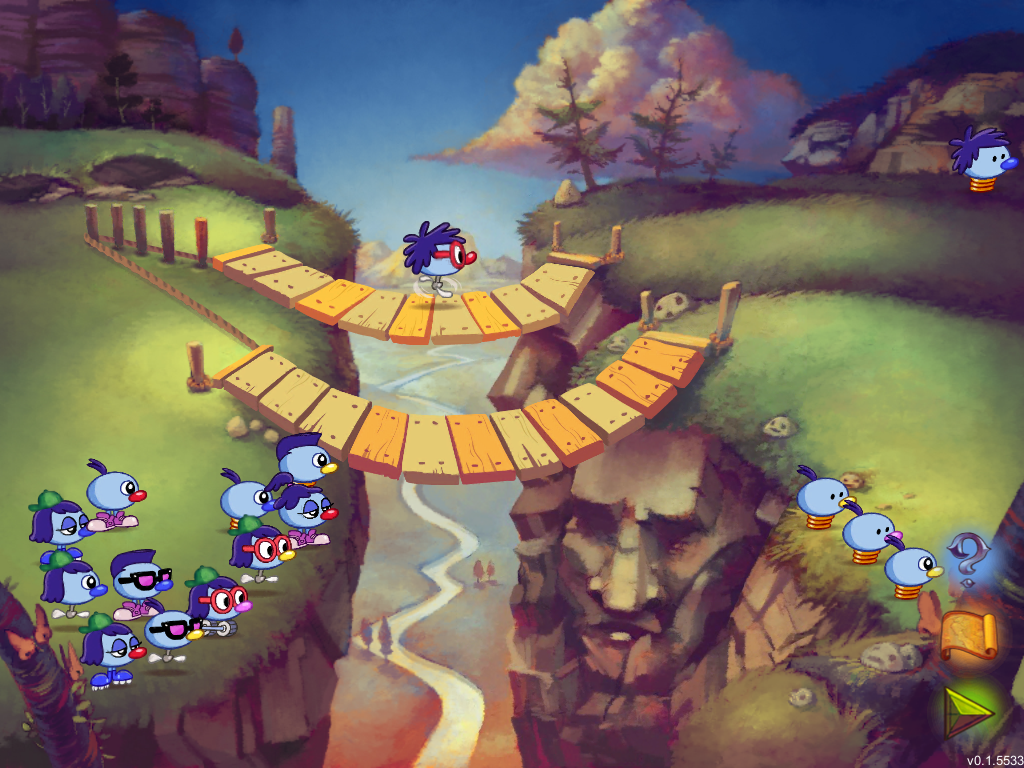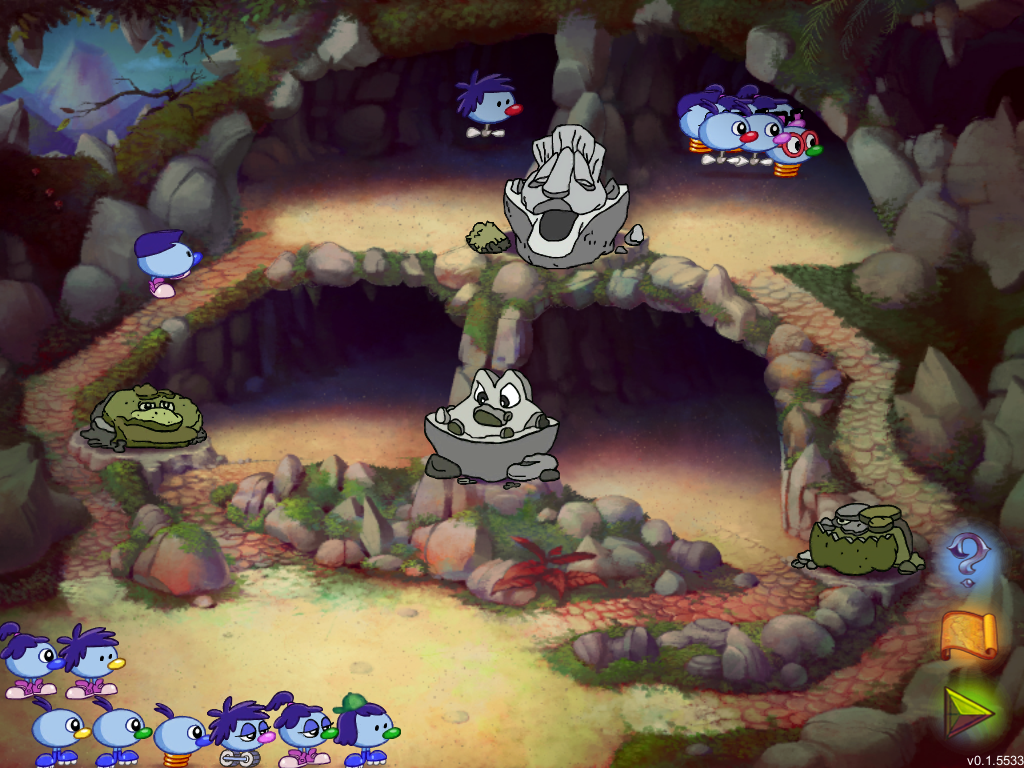Brain power to the rescue! FableVision Studios invites your students to embark on a new immersive journey that integrates an interactive adventure with a research-based approach to fractions learning in the just-launched public beta version of Cyberchase Fractions Quest! Third and fourth grade students can explore the world of PBS KIDS’ popular math series Cyberchase and save the Motherboard from Hacker’s dastardly plot.
Hear from the “Cyberchase Fractions Quest” team!
In the game, the CyberSquad has been captured by the villain Hacker and his henchbots Buzz and Delete. As they launch into Cyberspace, students step into the role of the hero and use mathematical sequences and problem-solving skills to outsmart Hacker and save the day. As they travel through Ecotopia, Castleblanca, Aquari-Yum, and Radopolis in a series of minigames, students learn fair shares by splitting up leaves evenly to make parachutes for chameleons, practice adding fractions by making tacos for underwater friends, and more!
Understanding fractions is a key cornerstone building block in future STEM learning success. To challenge common fractions teaching methods and make fractions learning fun, FableVision Studios teamed up with THIRTEEN and Education Development Center (EDC) to develop a Common Core-aligned game-based assessment that offers a holistic view of fractions as parts of a whole. The game combines research-based fractions teaching methods with an engaging narrative context to motivate students and improve their understanding of complicated math, increasing their confidence in the classroom.
As students progress through the game, they follow the sequence and scope of fraction learning that align with the Common Core Standards for Grade 3 and 4 mathematical structure. Throughout gameplay, students explore different contexts of fractions including area, set, and number line. The engaging storyline and vibrant, colorful characters and backgrounds provide them with motivating visual settings that, in turn, allow for them to ground their conceptual understanding of fractions. The game design integrates the latest research surrounding the best ways children learn mathematical concepts.
Cyberchase Fractions Quest is a result of a 2.5-year-long research project as part of the IES Department of Education SBIR program. The game also features additional professional development and game integration resources that are fully customizable to each classroom’s needs, allowing for maximum fractions learning fun and success. Launch your students on their very own adventures in Cyberspace today!
In response to the pandemic and growing need for distance learning resources, Cyberchase Fractions Quest is launching this public beta version for free for a limited time, only available on FableVision Games!



